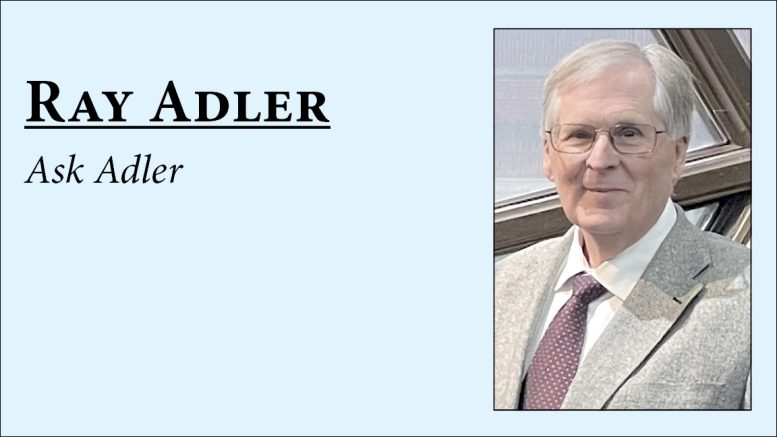Indiana Courts handed down an interesting decision concerning the final resting place of a deceased woman.
Specifically, it concerned her husband, Ed Mitchell, and the Mount Zion Cemetery in Scott County. Mr. Mitchell had petitioned the Scott Circuit Court to obtain permission to change his wife’s place of interment; however, his father-in-law opposed the petition. The Court noted that the parties had been married approximately 29 years.
Shortly before her death, Kimberly Mitchell was asked if she would like to be buried in the family plot at Mount Zion Cemetery in Paynesville, Ind. Her father offered two cemetery lots in the Smith family burial plot. She agreed to be buried there with her family. As things transpired, a headstone was not initially purchased due to Mr. Mitchell’s lack of financial resources. Mr. Mitchell planned on purchasing a dual headstone for himself and his wife, but his father-in-law never transferred ownership of the lots to the Mitchells.
About one month after death, Mr. Mitchell claimed he purchased a dual headstone for his wife’s grave. However, unknown to him, a single headstone had already been purchased by his sisters and one of his sons and placed on the grave.
Shortly thereafter, Mr. Mitchell purchased two burial lots in Franklin Cemetery in Washington County and filed his petition to move his wife’s body. His father-in-law apparently indicated he would allow Mr. Mitchell to put a double headstone on his wife’s grave and be buried next to her.
The issue arose concerning an interpretation of the disinterment statute founded in Indiana Code 23-14-57-1. In material part, the statute provides that the remains of a deceased human may not be removed from a cemetery without a written order issued by the State Department of Health; or the written consent of the owner of the cemetery and the owner’s representative; or the individual who is a spouse at the time of the decedent’s death or surviving adult child or parent of the deceased.
Notwithstanding the apparent straight forward language of the statute, the Court found that a person specified in the disinterment statute does not have the absolute right to disinter remains as a matter of law. The rights of others who oppose disinterment may be considered by the Court.
The Court went on to note four factors that should be considered concerning disinterment.
- Whether the initial resting place was made with deliberation and without mental reservation that at some future point, removal might be desired.
- Whether there is evidence of antagonisms and hostilities between the surviving spouse and the owners of the tomb or burial plot such as would prevent the surviving spouse from visiting the grave freely and without embarrassment or humiliation.
- Whether the deceased spouse had evidenced a preference for one location as opposed to another.
- Whether the disinterment would conflict with the deceased person’s religious beliefs.
The Court, weighing all the evidence, concluded that Mr. Mitchell did not establish that his father-in-law prevented or would prevent him from visiting his deceased wife’s grave and in fact had allowed him to be buried next to his wife upon his death. The Court also noted that it was Mr. Mitchell’s wife’s desire to be buried in the family plot. Considering all these facts, the Court denied the husband permission to move his deceased wife’s body.
Issues after death such as: who may come to the funeral; who “owns” the body after death? who has the right to decide whether the body is to be buried or cremated can become highly emotionally and divisive. We recommend consulting with an attorney to determine what rights you have.
Many of these issues can be resolved through use of a Healthcare Power of Attorney or the Funeral Directives provisions of Indiana law which allow a person to answer many of the anticipated questions.
Educational material and not legal advice, written by the team at Adler attorneys. Email andrea@noblesvilleattorney.com with questions or comments.

